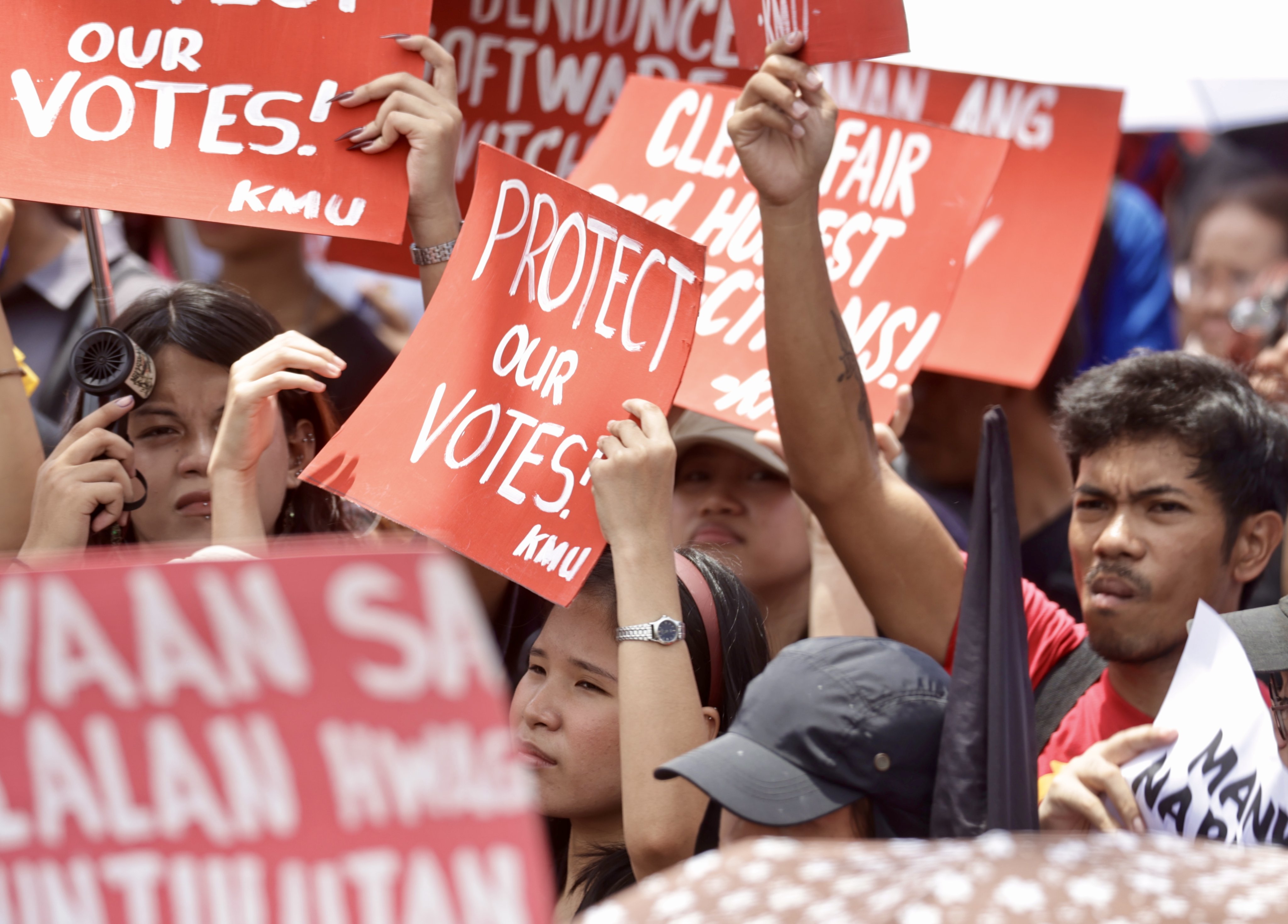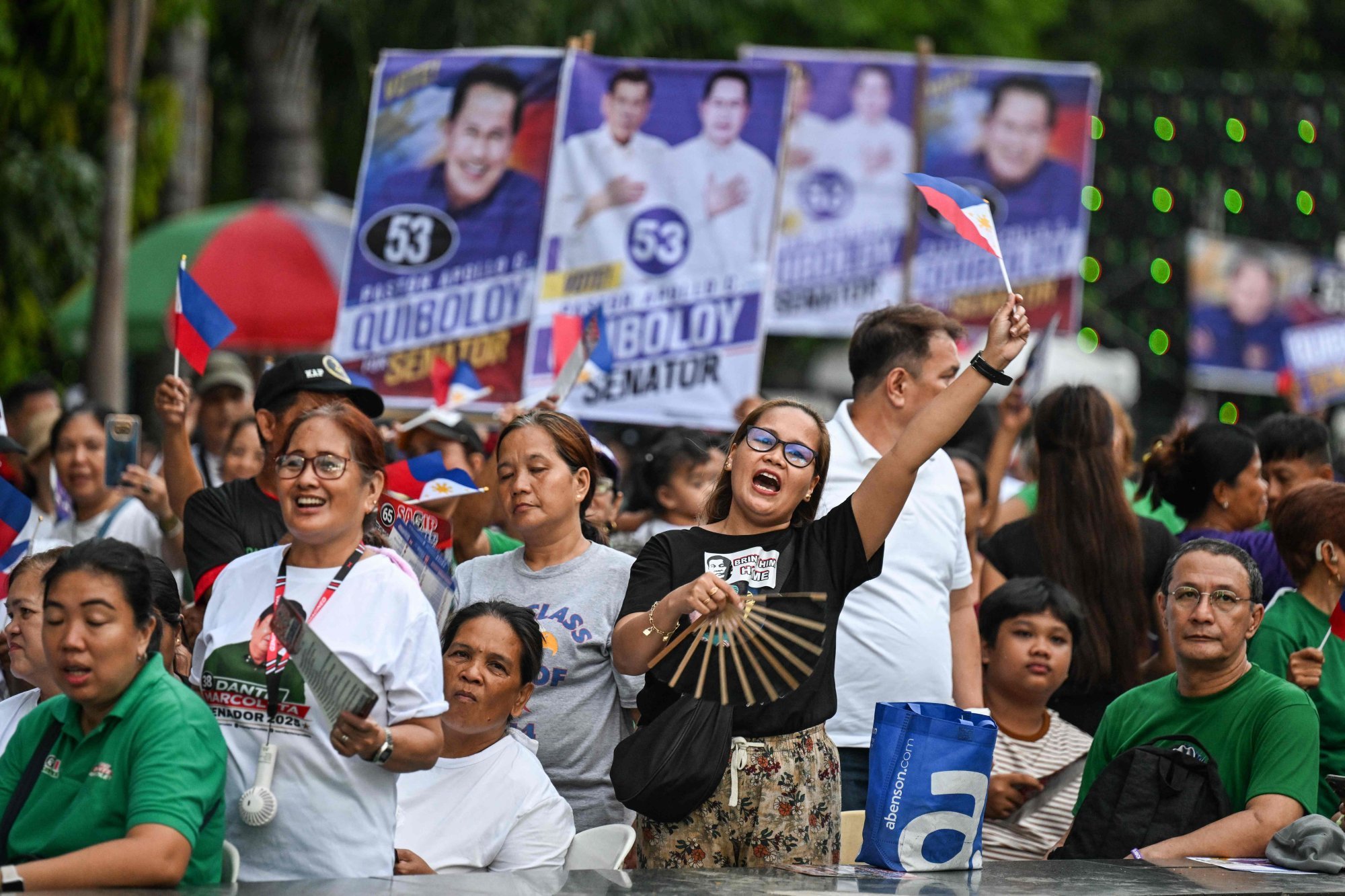TikTok shuts down ‘covert influence networks’ targeting Philippines midterm elections
The social media platform said the networks created fake accounts “to amplify narratives favouring certain politicians”

TikTok said it had shut down three “covert influence networks” and removed more than one million fake or spam accounts targeting Filipino users ahead of the country’s recent midterm election, amid growing concerns over the role of social media in distorting the country’s political discourse.
The short-form video platform, owned by China’s ByteDance, disclosed the takedowns in an update published Wednesday from its Global Integrity Hub. According to the update, the accounts and networks targeted Filipino users by creating “inauthentic accounts in order to amplify narratives favouring certain politicians and criticising others”.
The three networks, operating locally, were detected and taken down in April – weeks before the May 12 midterm elections. Each involved dozens of accounts with thousands of followers, and appeared to be designed to exploit TikTok’s fast-growing reach among Filipino youth and influence online political debates ahead of polling day.
One of the networks had 124 accounts with more than 10,000 followers and was found to have repeatedly posted duplicative content. Another, with 36 accounts and nearly 19,000 followers, used fake identities to spread political messages. A third, comprising 29 accounts with just over 3,000 followers, used the Philippine flag for its user profile.

TikTok also said it removed over 4,000 pieces of content that violated its policies on civic and election integrity, misinformation and AI-generated images.
Details on the removed content were not released, but TikTok said 97 per cent of them were taken down before any reports were filed.
The platform also said it prevented more than 15.7 million fake likes and over 40.4 million fake follow requests during the election period.
TikTok had earlier partnered with the Philippines’ Commission on Elections (Comelec) and civil society organizations for its in-app election centre, which provided information on the midterms to voters. It also promoted a digital literacy campaign called “#ThinkTwice”, urging Filipinos to reflect critically on the content they consume and share.
The revelations come amid heightened scrutiny of alleged foreign meddling in the midterm elections. A formal complaint filed with Comelec last week accused candidates aligned with former president Rodrigo Duterte of benefiting from “China-funded” disinformation campaigns, citing traffic logs and metadata. Independent researchers also flagged suspicious online activity amplifying pro-Duterte narratives.
While some cybersecurity experts say the claims are plausible, others note that attributing such operations to a foreign government remains technically difficult. Beijing has denied any interference, saying it “has no interest in Philippine elections” and adheres to a policy of non-interference.